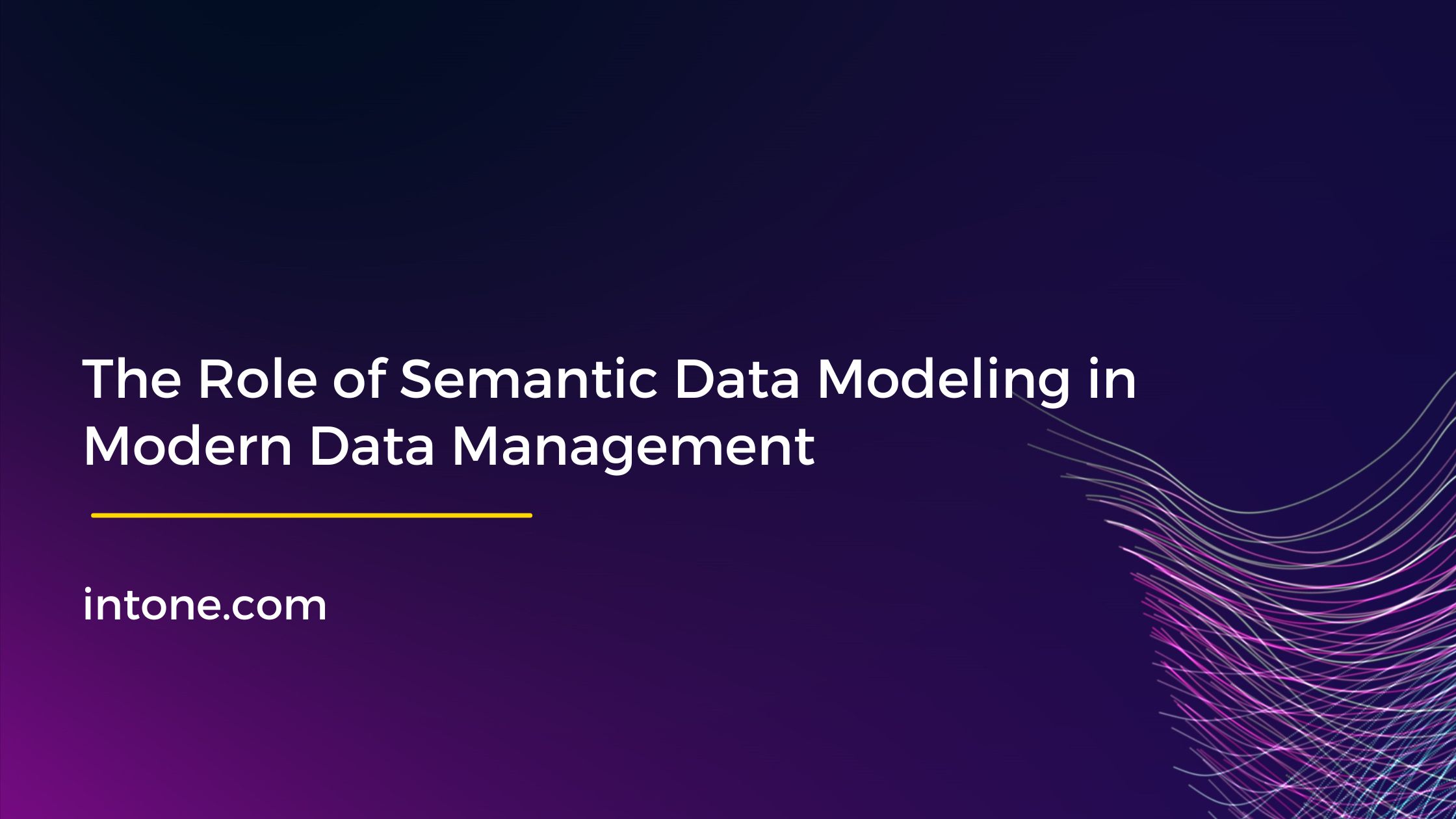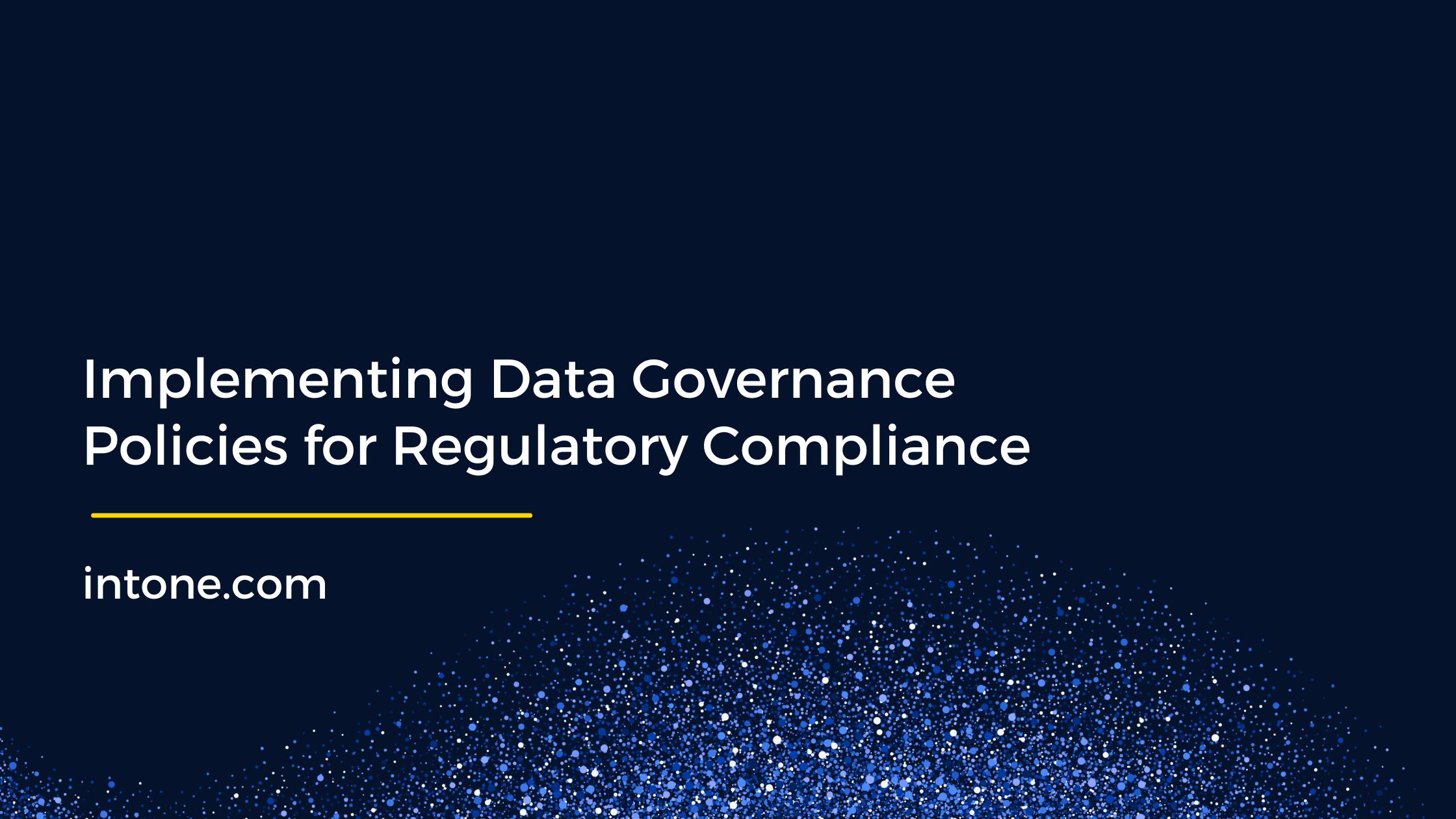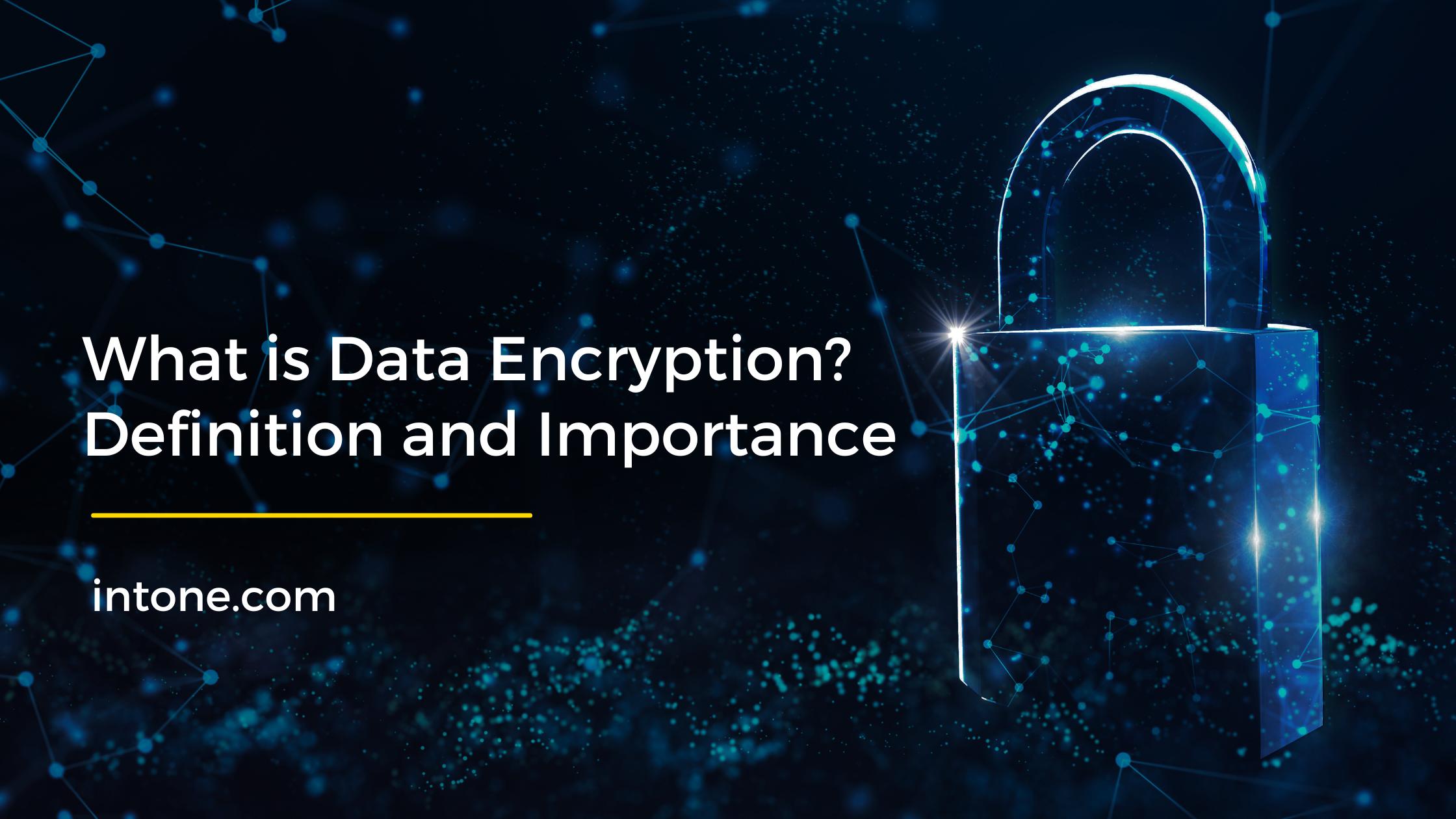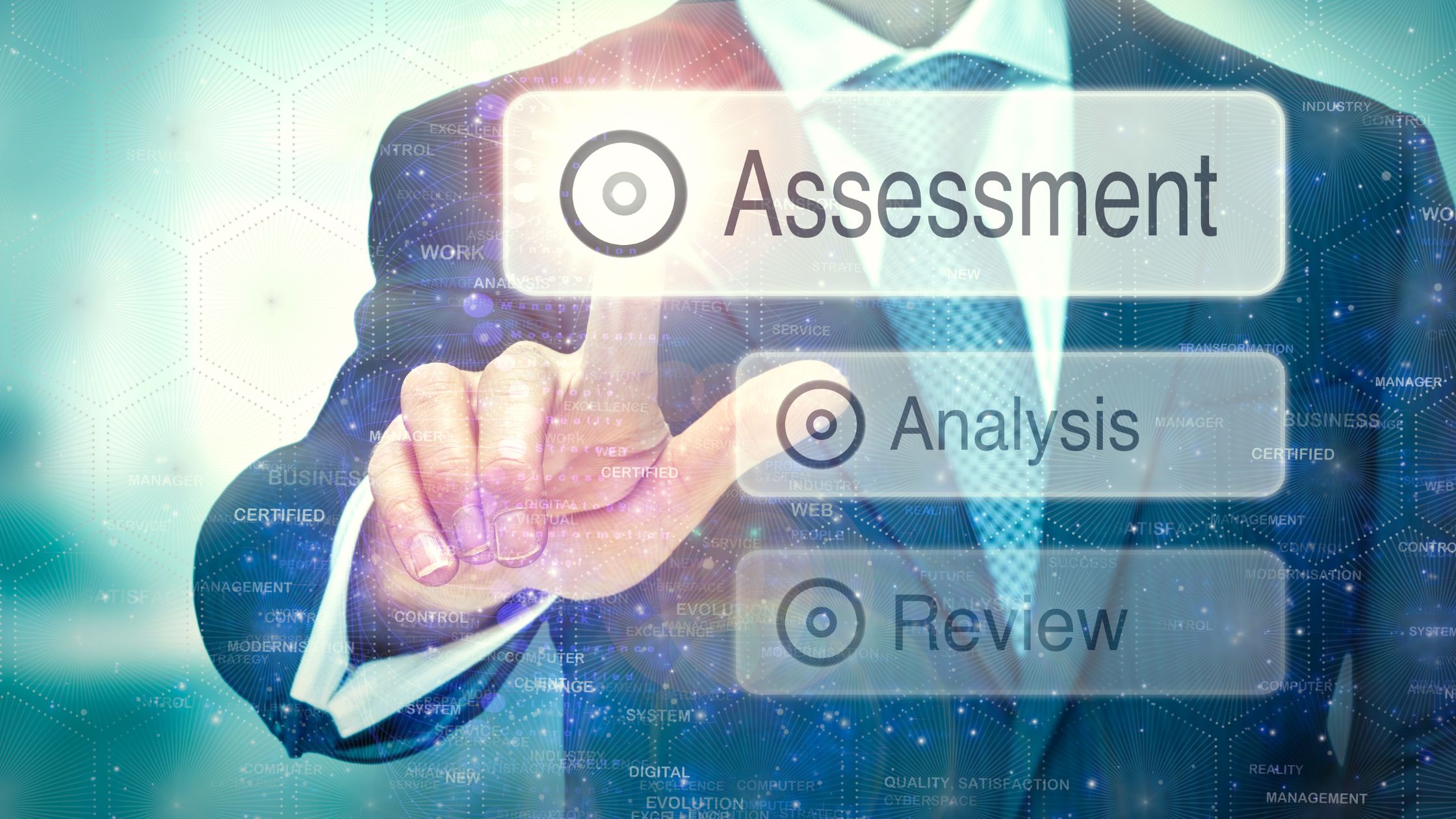Innovation. Transformation. Experience
Discover The New Digital

2 Decades
Established in 2003 in New Jersey, Intone is an ISO 27001, ISO 9001 and HIPPA compliant IT Consulting, Implementation and Product Development company.
Full Cycle
Requirements, Discovery, Design, Build, Test, Deploy and continued Support is a self build and proven process followed by Intone..
Award Winning
Intone is now a patent holding company. Inducted in Hall-of-Fame by Inc.5000 for being amongst the “Fastest Growing Private Companies”…
24/7 Support
Intone takes pride in providing great customer service with the help of outreach tech and customer support…
Intone Insights
Case Studies



Our clients


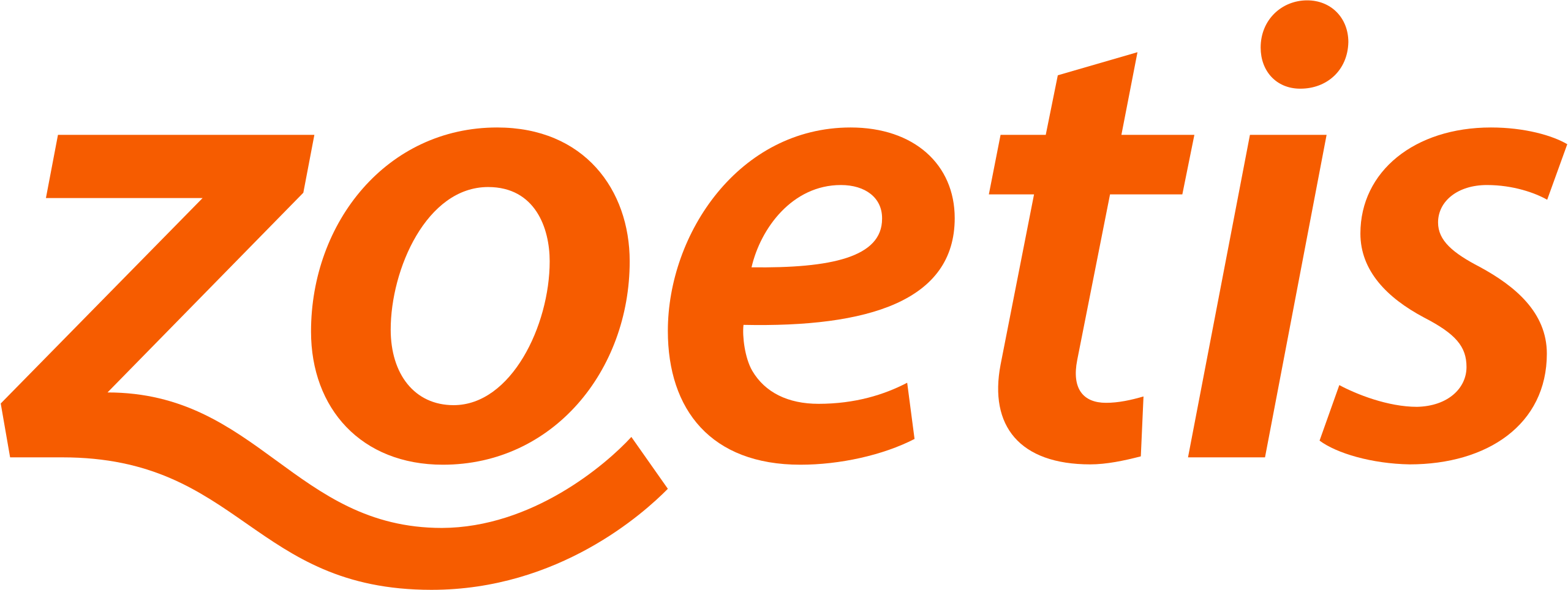
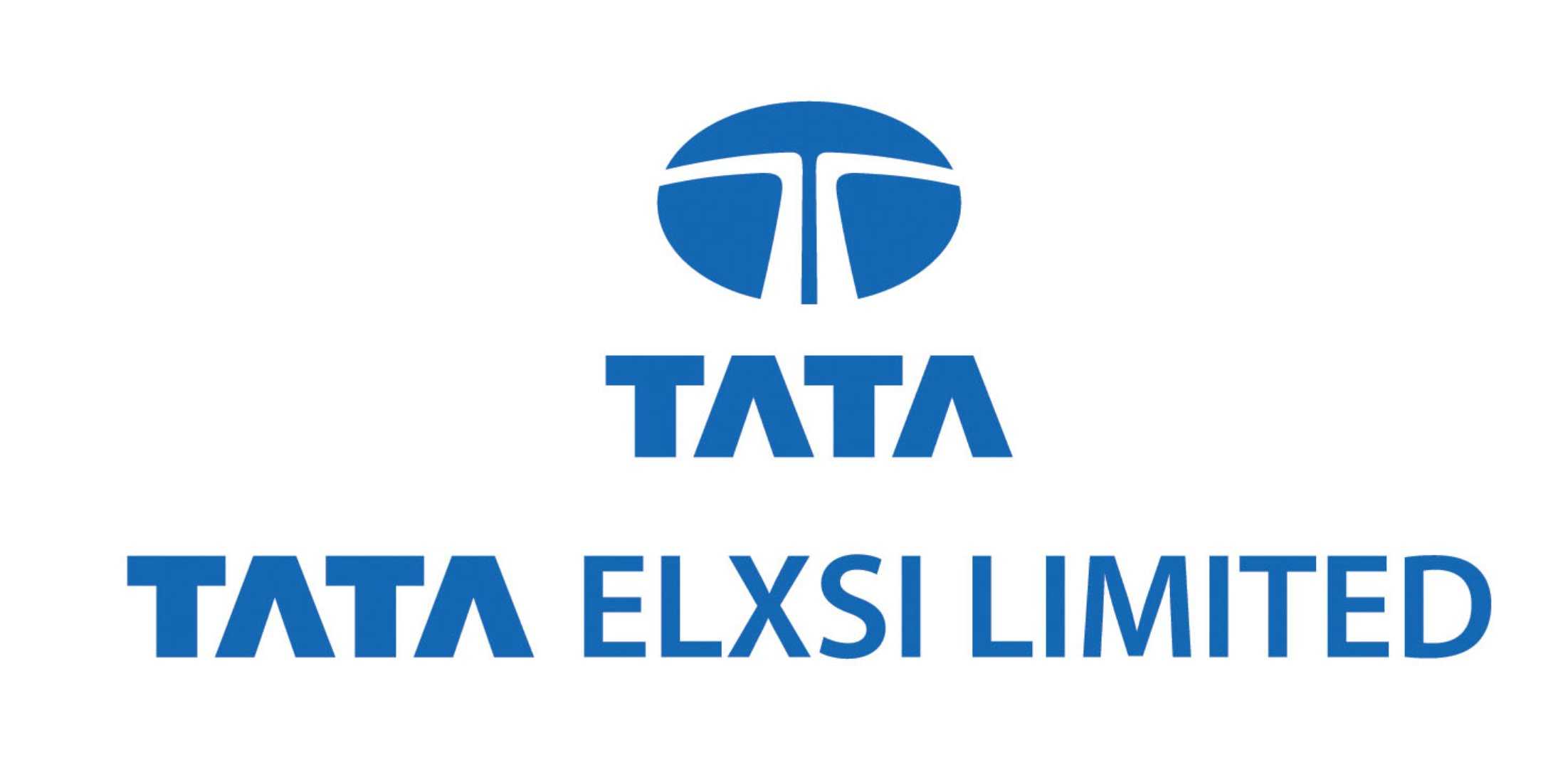
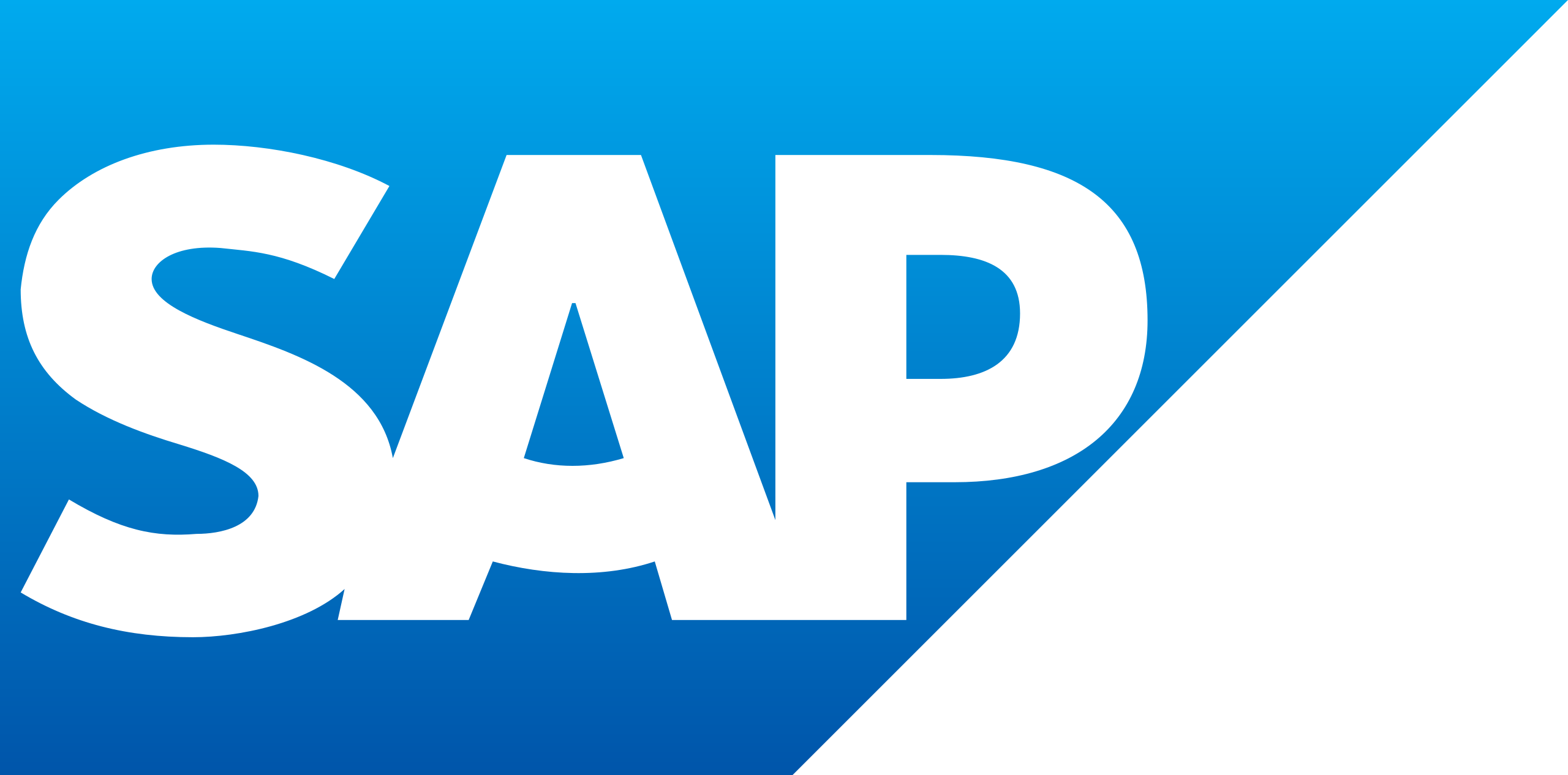



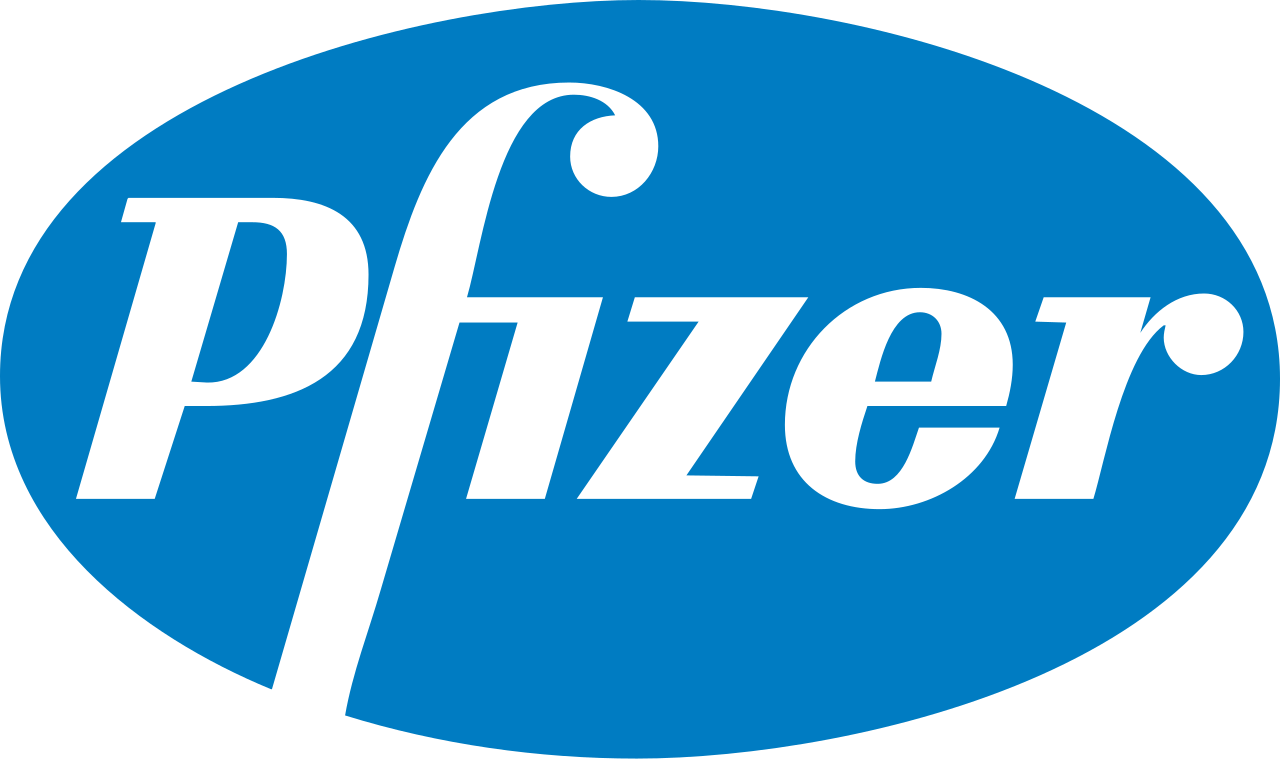

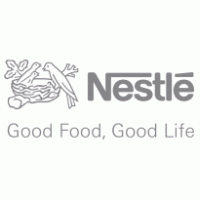
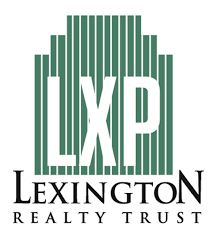

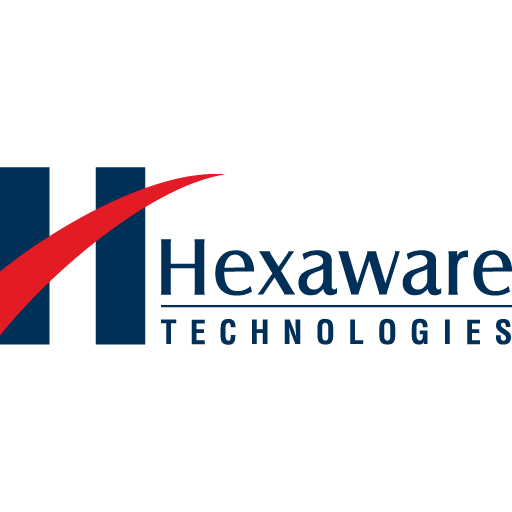






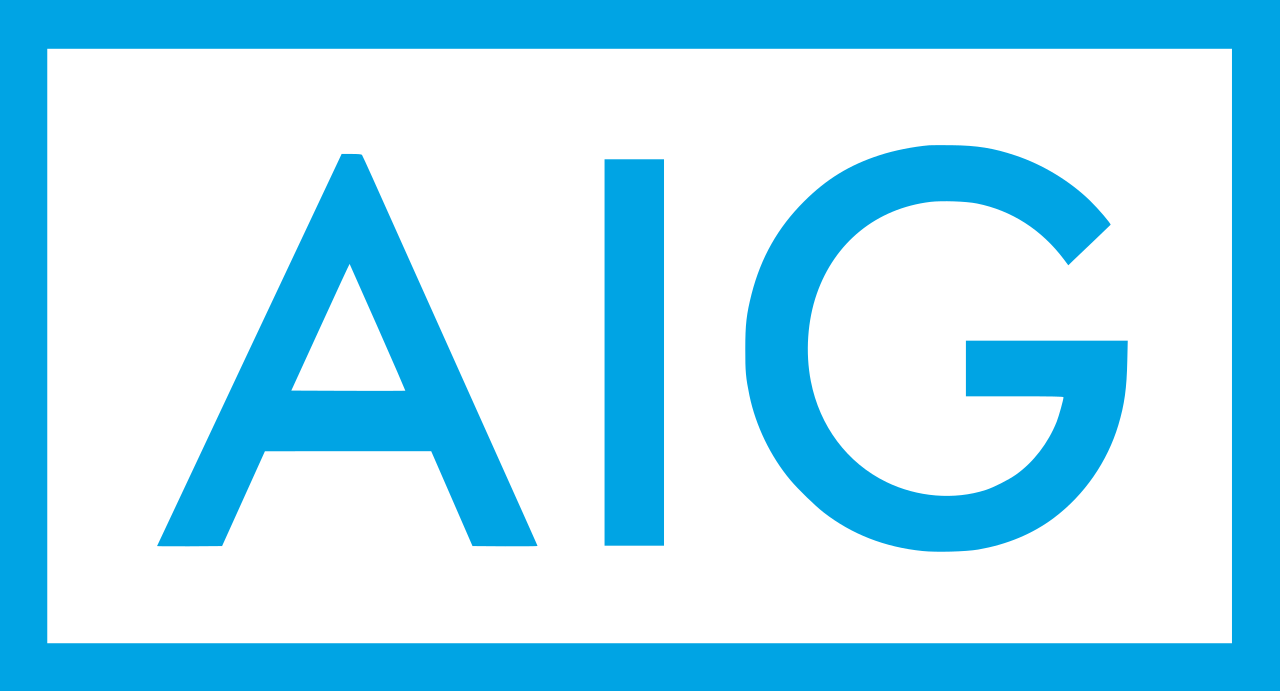


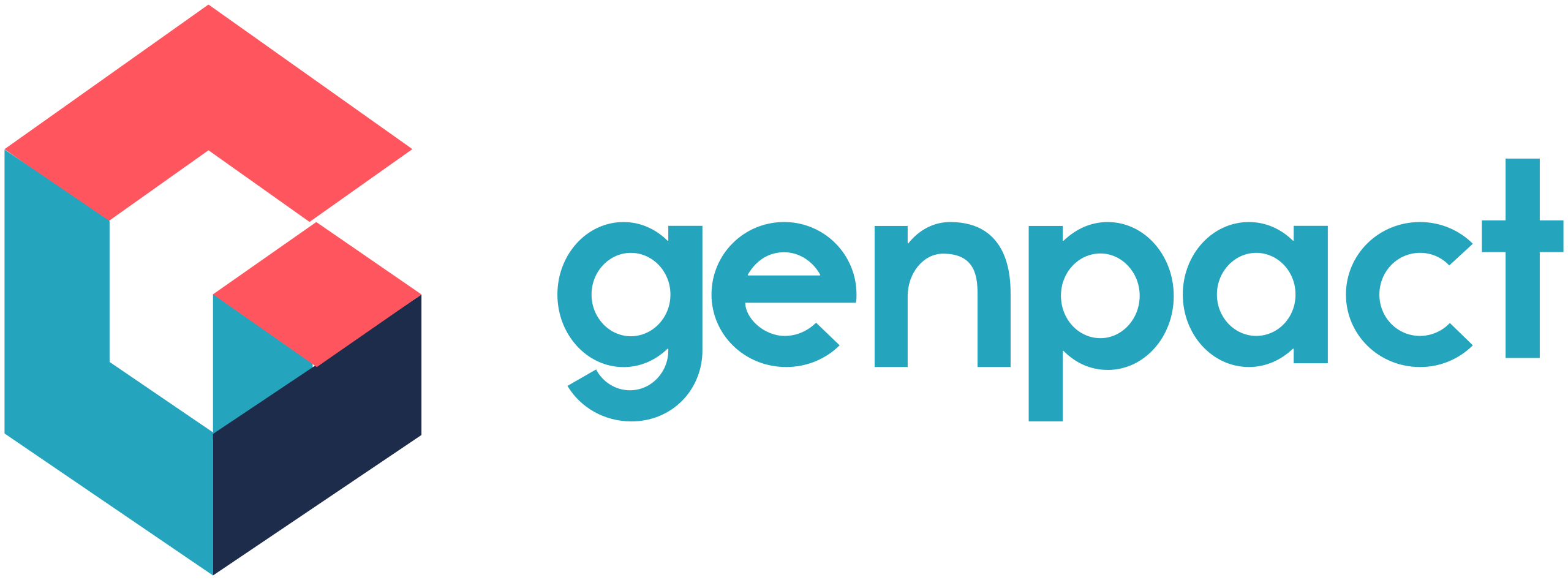

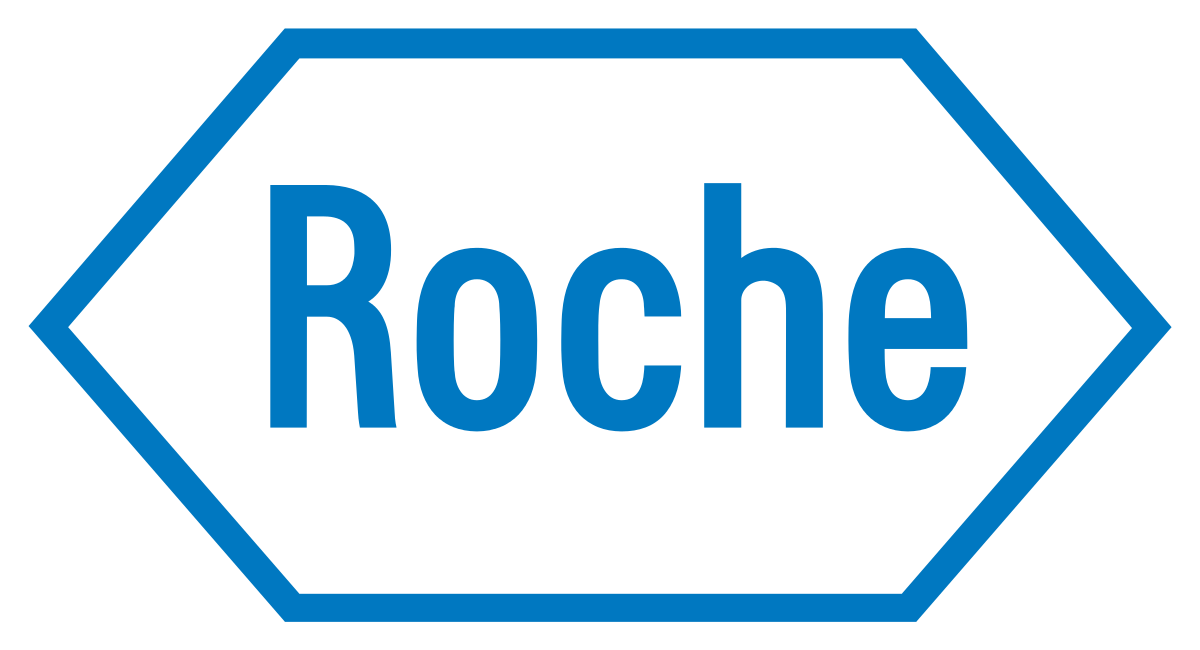

In News
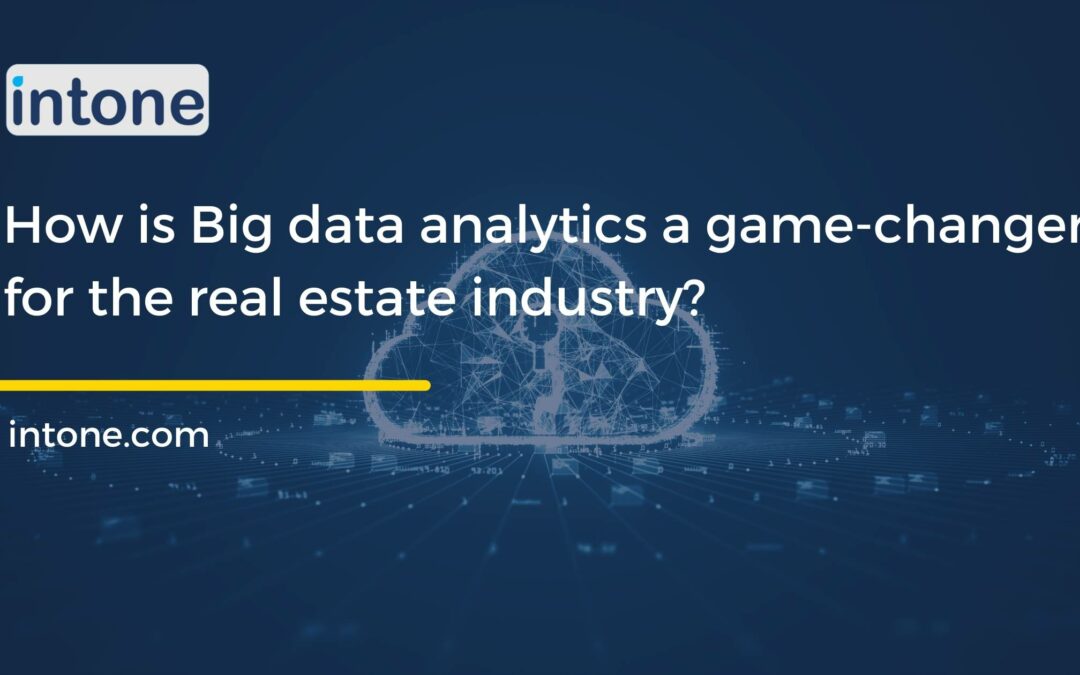
Big data analytics in real estate: How is this a game-changer for the real estate industry?
Big data is upending business models in industries from finance to tourism including the real estate sector. Big data analytics in real estate has changed the dynamics of how businesses operate both inside and outside of business environments. According to a report by...

Advantages of O365 for Businesses in 2022
The recent global health crisis has served as a de facto catalyst for establishing the value of cloud computing and led to accelerated adoption. Cloud productivity software can help businesses including small businesses to cut costs, better manage the workforce and...

